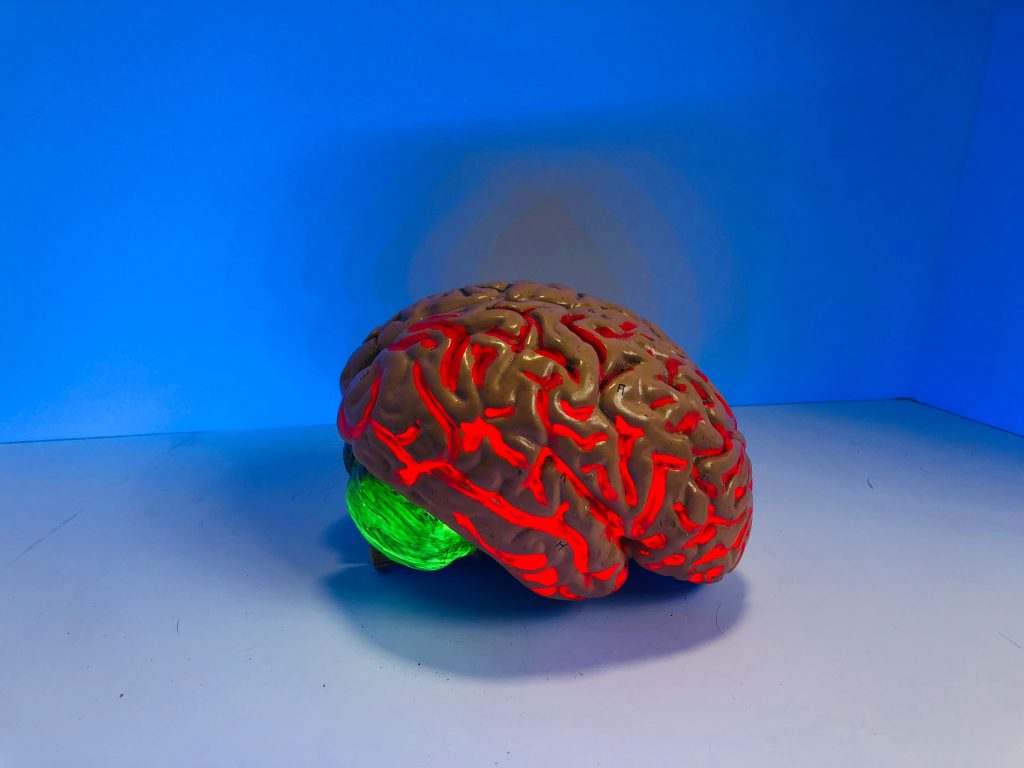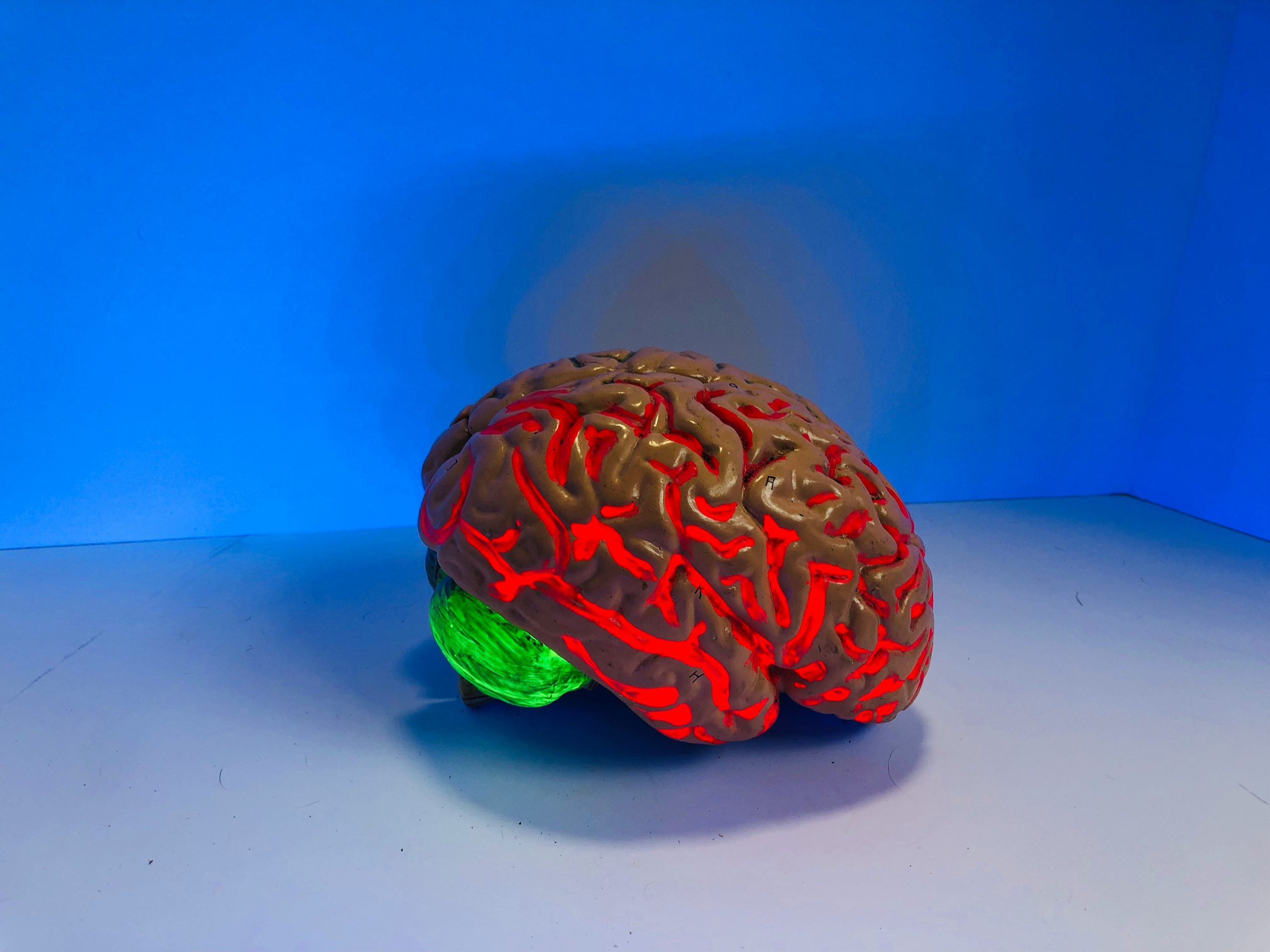Recovery from alcohol-related brain damage
William Shakespeare, in Othello, wrote: “O thou invisible spirit of wine, if thou hast no name to be known by, let us call theedevil. O God, that men should put an enemy in their mouths to steal away their brains!”
Research conducted on the effects of alcohol on the brainindicates that the brain can repair itself in a remarkable amount of time after the cessation of alcohol consumption. According to research, the effects of alcohol abuse on the grey matter of the brain, which have been shown to decrease because of alcohol consumption, begin to reverse within two weeks of abstaining from alcohol consumption.
According to Simon Stephens, Case Director at AddictionsUK, “Shrinkage of brain matter and an accompanying increase of cerebrospinal fluid, which acts as a cushion or buffer for the brain, are well-known degradations caused by alcohol abuse because they are associated with the brain. This volume loss has previously been associated with neuropsychological deficits such as memory loss, concentration deficits, and increased impulsivity.”
Any shrinkage of the brain is cause for concern, but alcohol damage is particularly problematic because it’s likely that some of the shrinkage is the result of brain cell death. As soon as brain cells are destroyed, the effects of the damage to the brain are irreversible.
The good news is that some of the changes that occur in the brain of an alcoholic are simply the result of the cells in the brain changing their size. The fact that these cells return to their normal capacity after an alcoholic has stopped drinking demonstrates that some of the consequences of alcohol consumption on the brain can be reversed.

“We found evidence for a rather rapid recovery of the brain from alcohol-induced volume loss within the initial 14 days of abstinence,” said Simon. No previous study has examined the brain immediately at the beginning of alcohol withdrawal or short-term alcohol recovery. This is even though previous studies have provided a detailed description of brain shrinkage and a partial recovery brought about by continued abstinence. The results of some studies support the findings of prior research that some areas of the brain experience a reduction in volume.
The amount of time required for alcohol recovery can be relatively short in some areas of the brain. Although different brain regions recover at varying rates, a study’s preliminary findings indicate that a significant portion of the functionality lost in the brain returns relatively quickly.
“The function of the cerebellum is motor coordination and fine-tuning of motor skills,” Simon explained, citing studies. There is a remarkable, noticeable improvement in motor skills shortly after quitting drinking, which parallels our observation of a quick volume recovery of the cerebellum. This is the case,although we could not quantitatively assess our patients’ amelioration of motor deficits. Higher cognitive functions, like divided attention, are processed in specific cortical regions and take longer to recover. This is reflected in the slower recovery of brain volumes in these regions, which has been seen.
This fact significantly impacts the operations of many alcohol recovery centres and services. In the present day, treatment for alcohol abuse typically only covers the initial phase of detoxification. This lasts anywhere from a few days to a week at a time. Nevertheless, for individuals who are battling addiction, life after alcohol necessitates a continuous dedication to the maintenance of sobriety and the adoption of a healthier way of life. Treatment can be beneficial in the short term for addressing other effects of alcohol on the brain, such as the brain fog that results from drinking. Specifically, this refers to problems such as having trouble concentrating, being confused, and being unable to think through things.
New research indicates that it takes at least two weeks for the brain to begin returning to normal, and this is the point at which the timeline for recovering from alcoholism begins. It is more difficult for the brain to control the urge to drink until it has fully recovered from the injury. The cognitive abilities of the brain are compromised as a result of the consumption of alcohol. After further consideration, Ende and her colleagues have concluded that any treatment for alcohol abuse should be at least two weeks long.
In his poem Ale, Edgar Allan Poe wrote, “Fill with mingled cream and amber. I will drain that glass again. Such hilarious visions clamber through the chamber of my brain—quaintest thoughts—queerest fancies come to life and fade away.”
This quote reflects the profound impact alcohol can have on the mind, often leading to altered states of the mind.
For prompt and confidential support for alcohol-related issues, call Freephone 0800 140 4044.
Freephone: 0800 140 4044
Local rate: 0300 330 3040
Contact us here to find out more

